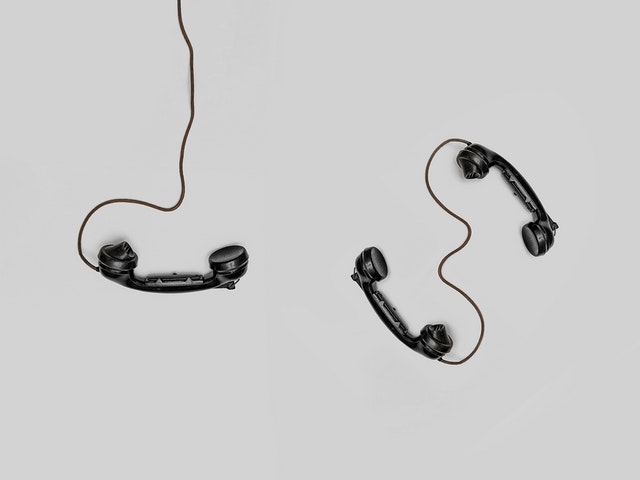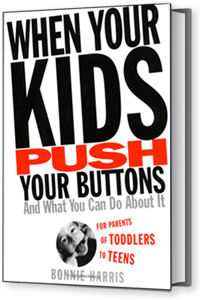Q. There were recently two child suicides in neighboring towns to us in less than two weeks, one of them a 13 year old. How does this happen? How can I protect my tween from a similar fate? I am at a loss. What is happening in the world??

A. Too many children all over the country seem to be feeling so forsaken that ending their lives is the only answer. How does anyone, much less a child, come to this conclusion? I cannot presume to have the answer. What we are left with is the question: How do we protect our children from such devastating despair?
In 2017, the suicide rate for 15-19 year olds was up 47% from 2000, the highest level in two decades. This doesn’t include 13 year olds. Much of the rise has to do with increased drug use and the effects of social media. But the question must address more fundamental layers. Many young people can resist drug use or moderate it. All are subject to social media. Some have addictive tendencies that are more vulnerable to drug use and some are victims of cyber bullying. This is not the result of poor parenting.

Many children, one in five, according to Dr. W. Thomas Boyce, a pediatrician, research scientist and author of “The Orchid and The Dandelion: Why Some Children Struggle and How All Can Thrive”, have extreme sensitivities to their environment. These orchid children are so susceptible to their social settings—whether pernicious and threatening or nurturant and sustaining—that their outcomes are bound to their external environment. They have an inherent stress reactivity to their situations so much so that when the environment does not suit them, as with the flower, they wither. But when the environment matches their specific needs, they blossom with magnificence. Dandelions, as you can imagine, are children who do well anywhere.
Orchid children are more susceptible to despair, because of this. Can we better learn the signs? But what if we see “a sign”—spending more isolated time in their room, for instance? Is that a symptom of depression or a teen’s desire for separation? Going into protective mode can risk connection with a teen fighting over-protection. How much do we do? How much do we not do?
The closest I can come to finding an answer to how to protect our children from despair is to understand that we parents are not responsible for our children’s happiness. Seem paradoxical?

When my daughter (an orchid) was very young, she had a lot of fear and struggled mightily with many aspects of daily life. After using up my bag of tools, I engaged a therapist. The first session was with me. I told her about my daughter’s pain with tears streaming down my cheeks. She said to me one of the most important things I’ve ever heard: “It doesn’t help for you to get in her pain with her.” It was a lightbulb moment.
Once I was able to step outside my daughter’s pain, anger, sadness, and fear, and allow her to have it, I was better able to support her and hold her. It was no longer about me—what I had to do to make her happy, what was wrong with me that I couldn’t, why wasn’t she getting over it? That thinking meant I was taking responsibility for her emotions. So, when I tried to take it all away, but couldn’t, it became my fault—I had failed her. Then I would try harder. Then she had both her upset and mine to deal with. When I let go of responsibility for how she felt, I could reach fully to her and be there for her 100%.
Our children’s journeys are theirs. We cannot presume to dictate what that journey should entail—though we try. What our children need most is the confidence that we are always there to help if they need it, to advise if they ask for it, and to offer a safety net no matter what. That is our responsibility. We are 100% responsible for every word we say and every deed we do. When we yell at them for not listening, they do not make us yell. When we feel distraught because they make choices we wouldn’t, they are not making us distraught. Our children are not responsible for our emotions and behavior.

When you claim that boundary—knowing that you are not responsible for your child’s choices and feelings, nor is he responsible for yours, your relationship will build on trust and connection. Research shows that connection is the #1 preventive measure against anything you fear in the teen years. But do you understand what connection means?
It means solving problems together; it means working on your relationship rather than threatening and punishing your child to do what you say; it means focusing more on what is right rather than wrong; it means letting go of control all along the way as your child’s needs change; it means understanding what those needs are instead of assuming you know best; it means having compassion instead of fury when his behavior signals he is having a problem.
These are best parenting practices whether your child is an orchid or a dandelion. But with orchids, they are essential. Parenting is a game of risk. Our fears and need for control can send our kids down the path we are trying desperately to block off.
- When your child feels down, be there as a sounding board without advice.
- Don’t blame yourself.
- Let go of control by allowing your child responsibility over herself as she is able.
- Be there when he needs you without feeling unappreciated when he doesn’t.
- Make sure your kids learn family responsibilities early. Expect resistance. That’s okay.
- Trust your teen to have a good head on her shoulders rather than distrusting the world she lives in and her choices. Focus on the positive in order to problem solve the negative.
- Never take privileges away—you may be taking away their life-lines.
- Maintain your integrity and focus on what you want and don’t want rather than dictating what they should do.
- Don’t interrogate your child with questions or tell him what to do. Make connection first, “I’m concerned when I see…so I am afraid that…” Question later, “What is your plan? What do you think?”
- Watch for major changes in behavior patterns in a short period of time. And of course intervene when you know there is a problem.

Relationship is what it’s all about. If your kids have strong grounding in family, they will feel confident. Your children need to know they are gotten by you. When they distrust your reactions, worry that you don’t understand, fear your retribution when they make mistakes, your connection will be lost. Despair comes to those who don’t feel they belong.

We punish our children in an attempt to keep them from pushing our buttons, often escalating the original problem into a cycle of anger and blame. When Your Kids Push Your Buttons is not about what to do to your kids to get them to stop pushing your buttons. This book is about how to be the parent you wish you could be-the parent that only you are holding yourself back from.
Related Articles:







